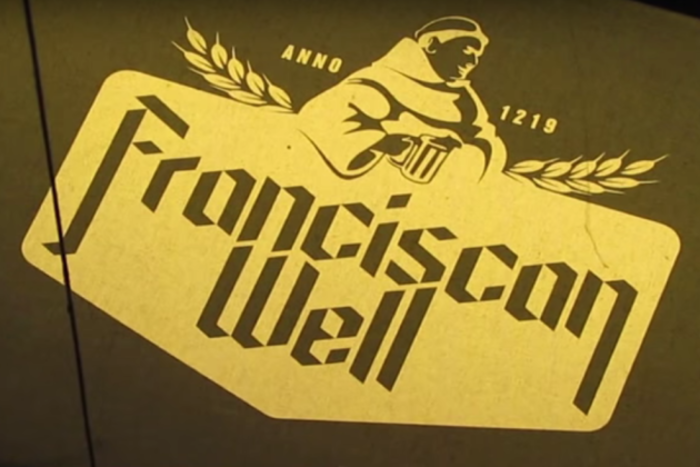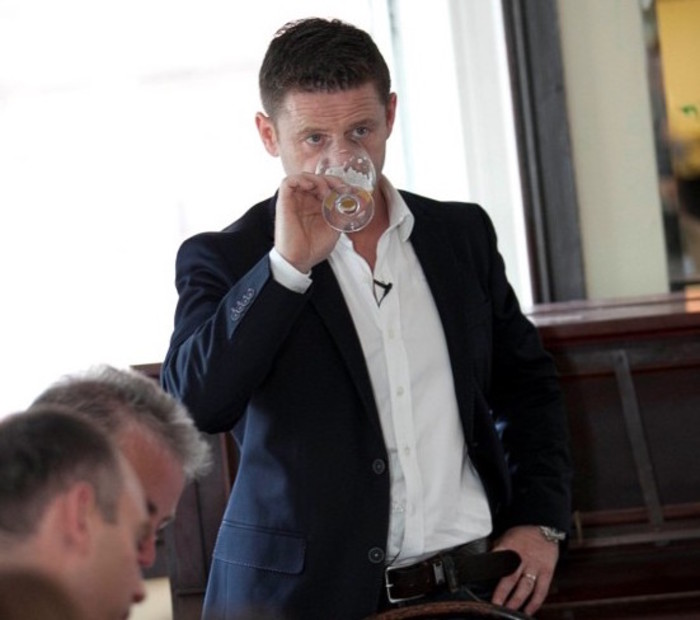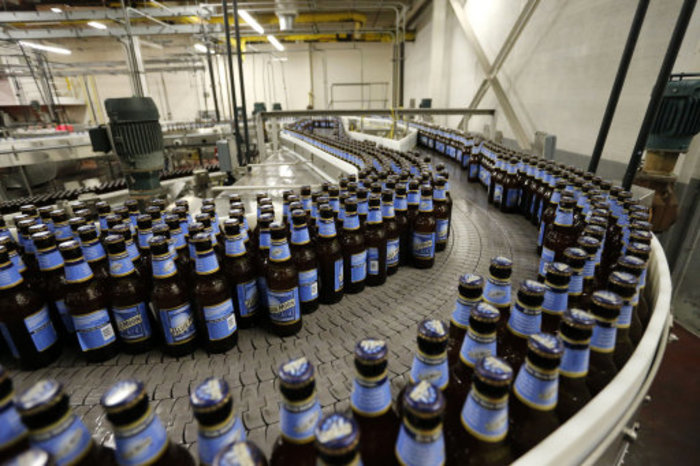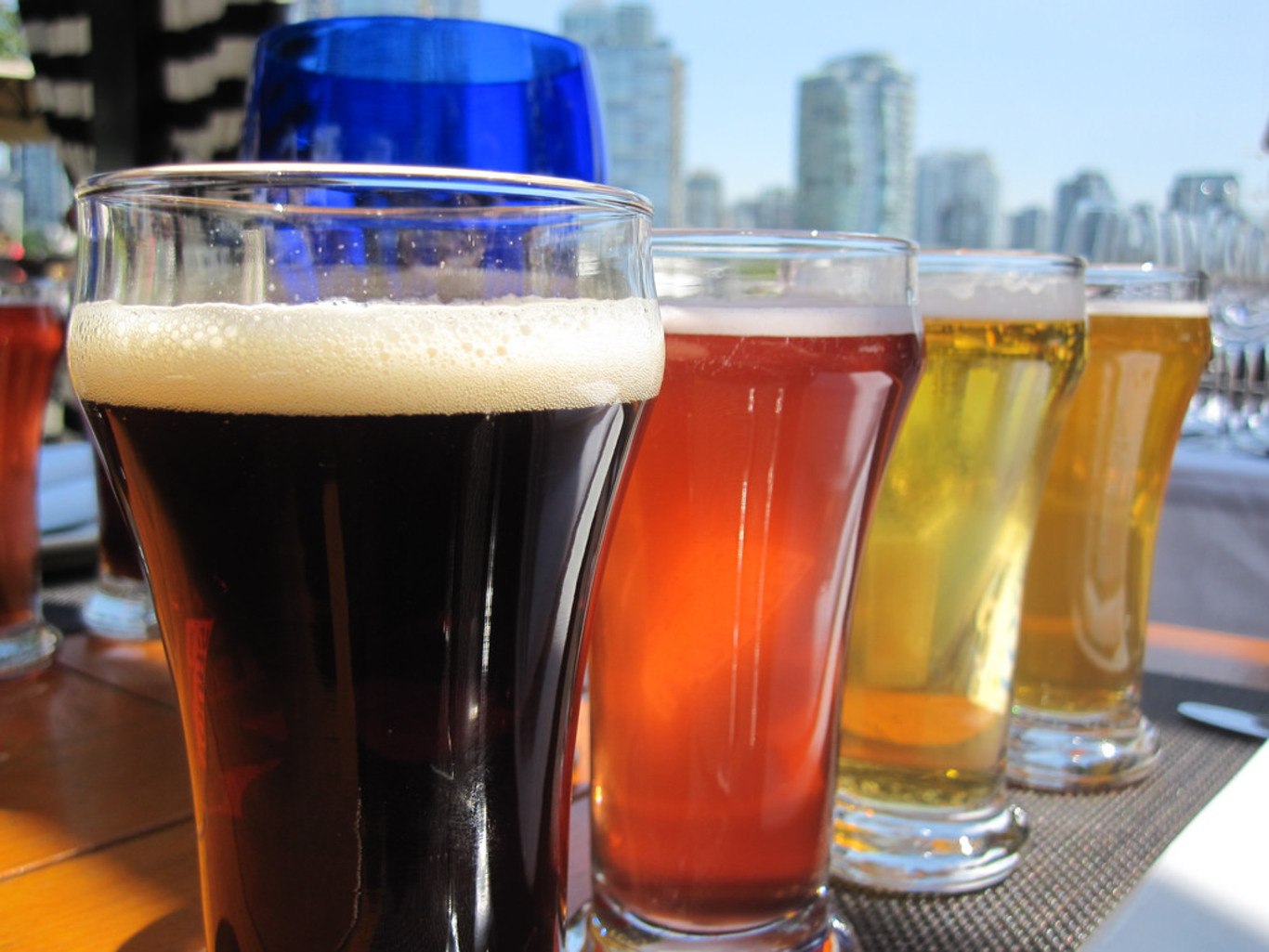Why the world's biggest brewers all want to be in craft beer
We spoke to Molson Coors’ in-house expert about where the industry has been heading.
IN THE FACE of a reduced global thirst for mainstream beers, major brewers have been leaping wholeheartedly on the craft bandwagon.
There are two basic choices for the big players looking to cash in on the sector: buy up an existing, independent operator or try to create your own.
However both options can be problematic with those beer fans who believe true craft brews are instantly rendered less authentic when they are placed in the hands of a multinational.
The Irish wing of North American brewer Molson Coors was one of the first to move into the sector when it bought the Cork-based Franciscan Well for an undisclosed sum in early 2013.
Part of the buyout was a plan to shift the operation from a 2,000 hectolitre (hl) microbrewery to a producer of scale with a capacity of 75,000hl per year.
According to Des McCann, who heads the company’s beer-specialist team, the key to maintaining a brew like Franciscan Well’s legitimacy with connoisseurs was to ensure it didn’t stray from its roots.

“We led the way with the Franciscan Well purchase, but I think what we’ve done is demonstrated our values from the outset: we’re not coming here to try and change it, we just want to give it the ability to grow,” he told Fora.
“With that, it’s opened up consumers to taste the beer and they will move from Franciscan Well to other beers.”
 Molson Coors' Des McCann
Molson Coors' Des McCann
A growth sector
In their most recent report on the Irish beer sector, analysts at Euromonitor International predicted a continued slide in domestic sales – forecasting a 14% drop in total volumes by 2019.
Craft beer is expected to be a notable exception, one of the few lines in the drinks industry that grew during the country’s economic woes. Sales grew 50% in 2014, albeit from a low base, and that trend is only expected to continue.
All the major drinks players in Ireland have since taken a plunge into the sector with Bulmers maker C&C Group snapping up a majority stake in Dublin brewery 5 Lamps during 2013.
The country’s two largest brewers, Diageo and Heineken, have gone for the in-house ‘craft beer lite’ approach with their Hop House 13 and Cute Hoor brands. The latter has come in for particular criticism for being coy about its connection to the Dutch giant.
Meanwhile in the US, Molson Coors faced its own recent backlash over Blue Moon lager. One drinker sued the brewer for false advertising, claiming it was misrepresenting the brand as a craft beer and was even going out of its way not to reveal itself as the manufacturer.

McCann said there was always going to be a ‘that’s not a craft beer’-style reaction when a big company was involved – although it was particularly true when a new brand suddenly appeared from nowhere.
“Hop House 13 is probably a good example of that – people argue ‘is it, isn’t it? Is it just an angle to get into a growing market?’. Yeah, there’s a piece of that.”
However he added that he didn’t believe scale or ownership alone should be enough alone to lose a craft beer its stamp of credibility.
“If a beer goes on to become a success and becomes a global brand, it doesn’t make it any less than where it came from. It’s like anything, it doesn’t matter whether you’re a football star or a band. Kodaline, for example, are headlining Glastonbury, but they started out busking on Grafton St. So now do you not follow them because they’re having success?”






